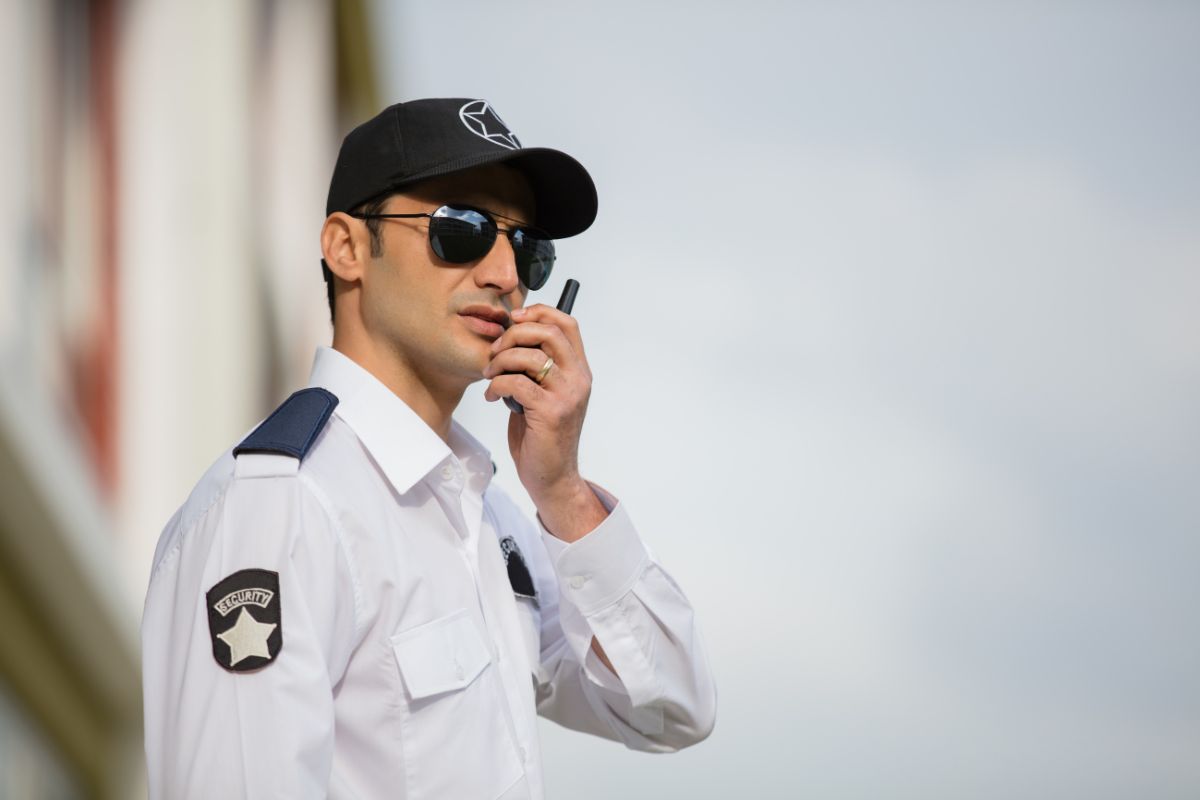
Evolution of Security Guard Training & Certification
Evolution of Security Guard Training & Certification in Australia
Over recent decades, the landscape of security guard training and certification in Australia has transformed significantly. With changing security demands, technology advancements, and regulatory enhancements, the industry has evolved to establish higher standards for professionalism and safety. Here, we’ll explore how security guard training has evolved in Australia, including shifts in training standards, certifications, and specializations in the field.
1. The Early Days of Security Training: Minimal Standards and Basic Skills
In its early stages, the security industry in Australia was minimally regulated, with little emphasis on standardized training or certification. Security guards were primarily hired for their physical presence, which deterred unauthorized entry and discouraged theft. Training was limited, typically focusing on basic physical skills and observational techniques, and certification requirements were nearly non-existent.
2. The Rise of Formal Certification and Regulatory Requirements
As security demands increased, the need for a regulated approach became evident. The 1990s and early 2000s marked a shift towards establishing structured training programs and certification standards across Australian states and territories. By introducing licensing requirements, government agencies aimed to ensure that only qualified individuals could work as security guards, improving both the quality and credibility of services. For instance, guards working in static security roles today must meet stringent training and certification requirements to ensure they can effectively secure properties and deter criminal activities. For a look into modern static security roles, see static security guards.
3. Standardizing Training with the Certificate II in Security Operations
The introduction of the Certificate II in Security Operations marked a key turning point in Australian security training. This qualification set a national standard, covering fundamental skills such as:
- Conflict resolution and de-escalation
- Emergency response and first aid basics
- Patrolling and monitoring techniques The Certificate II requirement has since become the baseline for most security roles, establishing a solid foundation that all guards must master before entering the industry.
4. Enhancing Skills with Certificate III and Specialized Training
As the industry evolved, so did the complexity of security roles. In response, the Certificate III in Security Operations was introduced to provide advanced training for guards seeking specialized positions or supervisory roles. This qualification covers more complex skillsets, such as crowd management, risk assessment, and handling challenging environments, all of which are crucial in high-demand roles like shopping center security, where guards manage large crowds and handle emergency situations.
5. The Impact of Technology on Security Guard Training
With technological advancements, security guard training has evolved to incorporate tech skills and familiarity with surveillance systems. Guards today are expected to operate a range of tools, from CCTV systems and biometric scanners to advanced access control mechanisms. Training now often includes a digital component, enabling guards to navigate security software and monitor systems effectively to enhance on-site safety.
6. Adapting to Modern Threats with Risk Management Training
Modern security threats, including cyber risks and terrorism, have prompted a focus on risk management in security training programs. Security guards are now trained in advanced risk assessment techniques to recognize and address potential threats before they escalate. This approach helps ensure proactive security measures, equipping guards with skills to handle threats effectively and minimize risk.
7. The Growing Importance of Soft Skills in Security Roles
In today’s security landscape, guards must possess not only technical skills but also interpersonal skills. Soft skills, including communication, empathy, and conflict resolution, are emphasized in training programs to help guards interact professionally with the public and resolve situations diplomatically. This focus is especially relevant in areas like concierge security and customer-facing roles, where guards serve as a reassuring presence while managing security needs.
8. First Aid and Emergency Response: Essential Components of Training
One of the core elements of modern security guard training is first aid and emergency response preparedness. All licensed guards must complete basic first aid training, enabling them to respond to medical emergencies or accidents on-site. First aid certification has become a critical requirement for many roles, enhancing the readiness of guards to protect both property and people effectively.
9. Specialty Certifications for Advanced Security Roles
With the diversification of security needs, specialty certifications have been introduced for advanced roles. These include training for areas like event security, close protection, and aviation security. Such specialized roles require tailored skills to address the unique demands of each setting, offering security guards pathways to niche, high-skill positions within the industry.
10. The Role of Regulatory Bodies in Maintaining Standards
Australian regulatory bodies, such as the Security Licensing & Enforcement Directorate (SLED) in New South Wales, play a pivotal role in ensuring training programs meet industry standards. By setting training, certification, and conduct requirements, these organizations enforce uniform standards across the country, ensuring consistent quality and professionalism in security services. Regulatory oversight has been key to ensuring that the security industry evolves to meet the needs of the public effectively.
11. Continuous Education and Certification Renewals
To maintain their licenses, security guards in Australia must engage in ongoing professional development and certification renewal. This process allows guards to stay up-to-date with industry advancements, new technologies, and regulatory changes. Through regular retraining, security professionals can refresh their skills, adapt to evolving best practices, and remain compliant with industry standards.
Conclusion: A Dynamic Evolution in Security Training
The journey of security guard training in Australia reflects an ongoing commitment to adapting to changing demands and technologies. From minimal regulation to rigorous standards, the industry has undergone remarkable progress, ensuring that guards today are equipped with a robust set of skills and knowledge. As technology continues to advance, the security industry will undoubtedly continue to evolve, setting even higher standards for training, certification, and professionalism. For more on the latest in security services and the evolution of training, visit Security Guard Services Australia.



